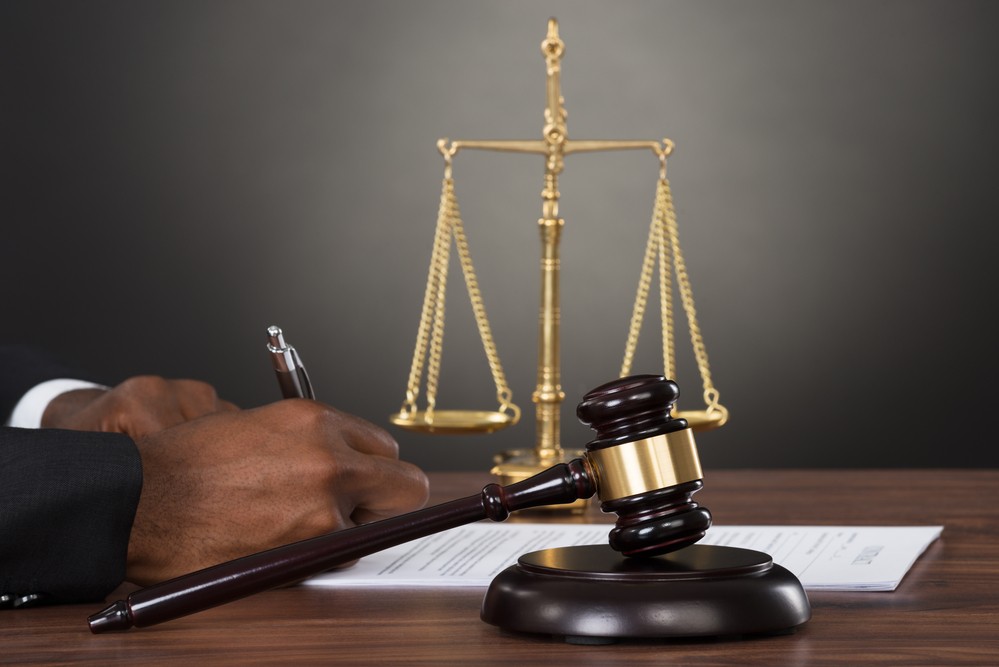The recent Florida Politics article discusses the House Regulatory Reform Subcommittee approval of a bill creating the State Ombudsman Office for HOA disputes.
According to the article, HB 1033 seeks to keep HOA disputes from reaching the courts.
The House Regulatory Reform Subcommittee unanimously advanced HB 1033 to create a State Ombudsman Office to offer non-binding arbitration in HOA disputes and an appeals process for HOA fines.
The approved bill aims at bringing HOA governance in line with condominium associations, which already have an ombudsman to provide arbitration.
The bill sponsors argued that the homeowners association complaints outnumber all other grievances addressed to the official authorities.
Even though HOA disputes are often personal, people turn to the courts simply because there is no alternative. That adds even more burden to courts already clogged with cases.
Legislators estimate that an ombudsman arbitration option and an appeals committee to review fines assessed on homeowners would decrease the need for litigation. In turn, that could save everyone money because the costs fall either on homeowners association or individual homeowner, depending on who prevails in litigation.
However, HB 1033 has certain disadvantages, according to the concerns expressed by some of the people involved in the legislative process. Both the HOA ombudsman office and appeals process for HOA fines faced criticism.
First, there are the costs of the HOA ombudsman office. Not all homeowners are equally enthusiastic about creating extra bureaucracy funded from their pockets.
Then, there is the problem of assembling a five-members HOA appeals board. In small communities, even filling an HOA board can be difficult. Finding five more volunteers unrelated to the board members might be too much of a reach.
In any case, the next stop for the bill is at the Civil Justice and Property Rights Subcommittee.
Generally speaking, the most common disputes between the HOA and homeowners are related to architectural control issues, the developer’s control of the HOA, and enforcing the CC&Rs (Covenants, Conditions, and Restrictions).
On the other hand, the most frequent HOA disputes between homeowners come from noise complaints, excessive barking from pets, unruly behavior from children, visual nuisances, property maintenance issues, unpleasant odors, and illegal or disruptive behaviors.
In disputes between homeowners, any homeowner can initiate the process with a complaint or a request for HOA intervention. The HOA Board acts as a decision-maker or a neutral negotiator between the disputing neighbors.
The situation is different in the disputes between the HOA and homeowners. In this case, the HOA is involved in the conflict. That is why there must be a third party to resolve the dispute.
In either case, unsuccessful attempts to resolve conflict internally will lead to litigation.
The best alternative to costly and time-consuming litigation is arbitration.
Arbitration has many similarities to traditional litigation. But unlike court litigation, there is no judge or a jury in arbitration. An arbitrator or panel of arbitrators resolves the HOA dispute – the arbitrators are always former judges or attorneys. The parties sign an arbitration agreement as a legal basis for arbitration.
According to HB 1033, the Ombudsman office would act as a panel of arbitrators dealing with homeowner disputes.
Contrary to mediation, the Ombudsman would not facilitate negotiations. It would issue a non-binding decision, helping to relieve the burden from the court system.
Because it lacks strict rules of evidence, arbitration is less formal than litigation. The Ombudsman can base its decision solely on fairness. That is what makes homeowner disputes arbitration a time-saving and cost-effective procedure, contrary to litigation.






Leave A Comment